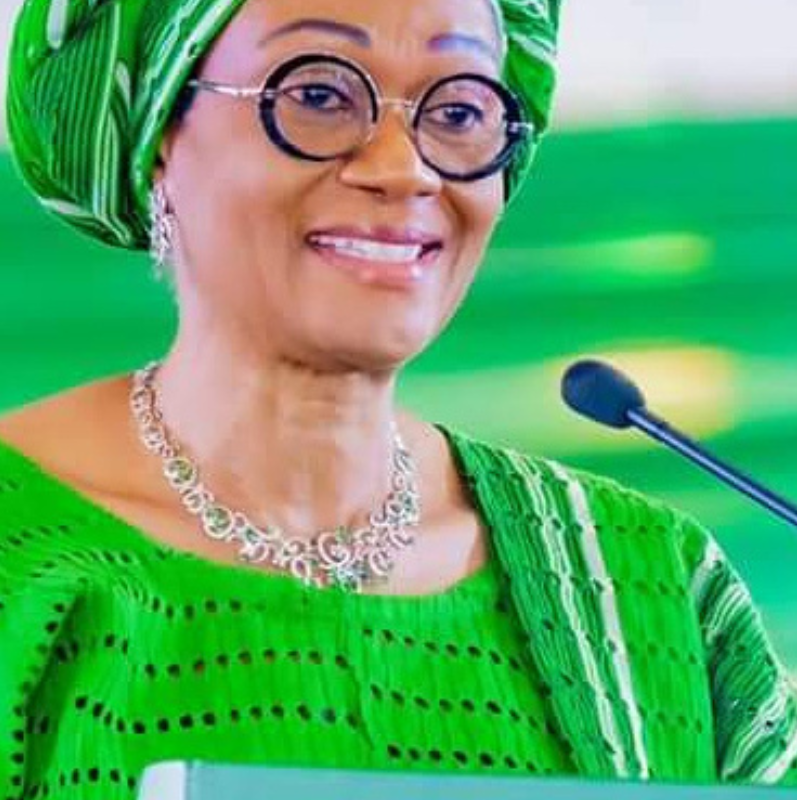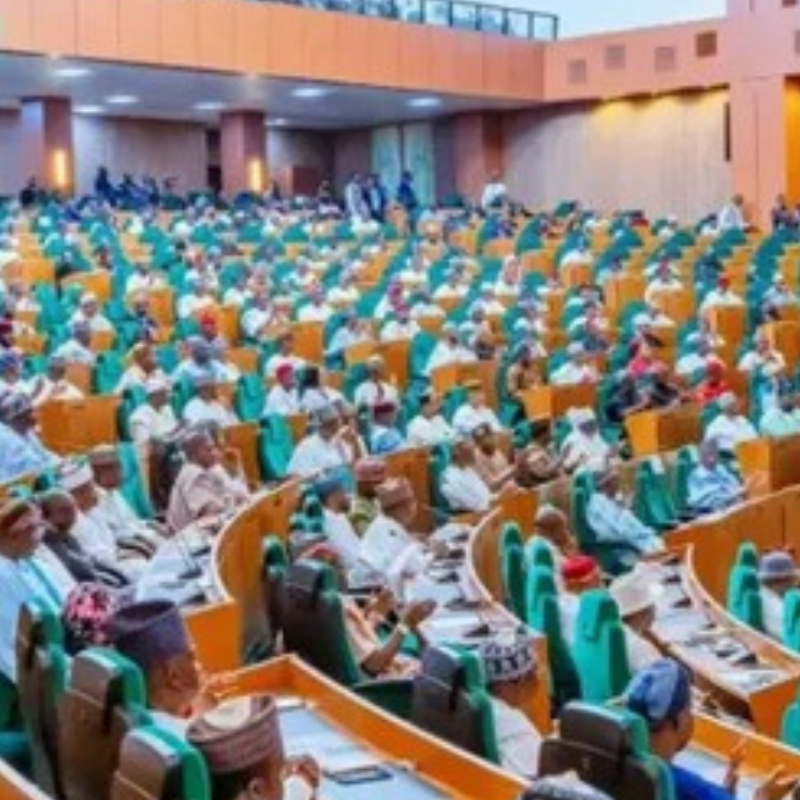OrderPaper describes the ICONS initiative as a significant contribution to Nigeria’s democratic memory and institutional heritage, marking the first time such a wide-ranging documentation of political transitions will be systematically compiled and preserved.
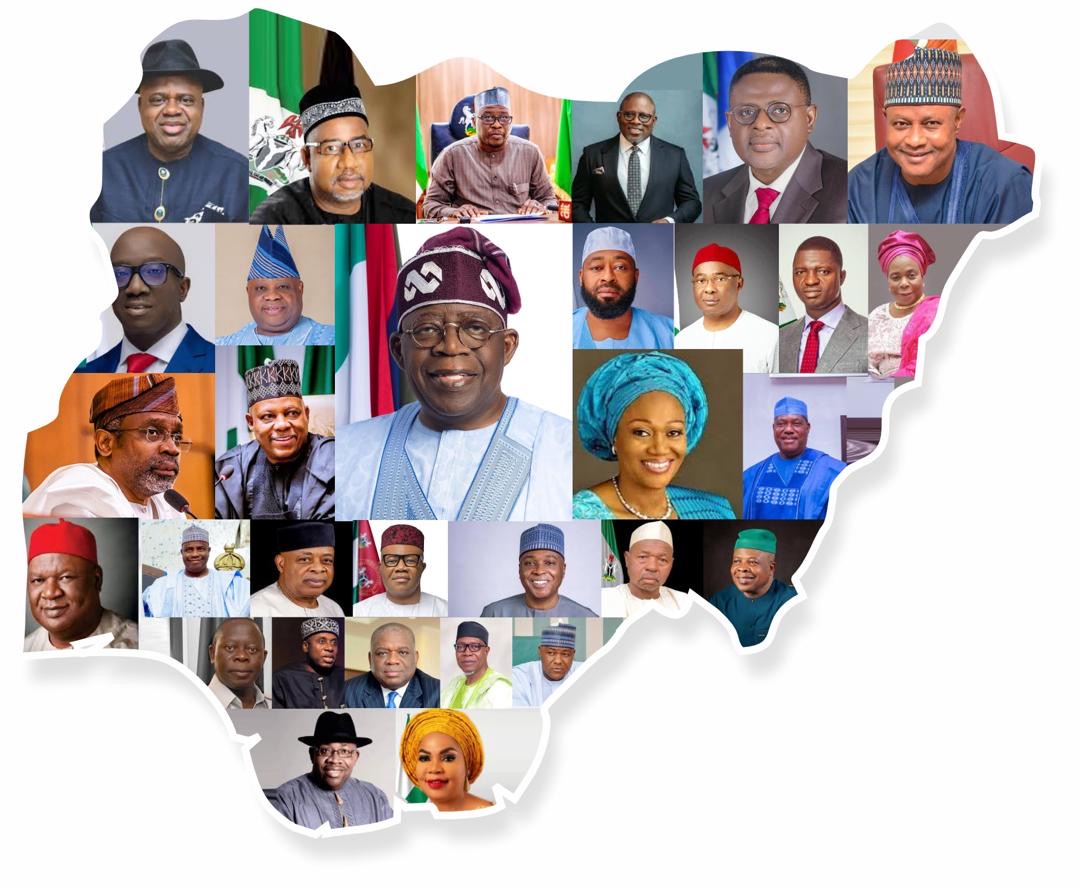
OrderPaper has announced the formation of an inaugural Project Advisory Council for its flagship ICONS (Initiative for Celebrating Outstanding National Statespersons) of the Fourth Republic.
The project is aimed at honouring and documenting the legacies of distinguished public officials who have served in Nigeria’s legislature and executive arms since the return to democratic rule in 1999.
According to a statement issued today, the newly constituted Advisory Council comprises accomplished professionals drawn from academia, civil society, journalism, and legislative research.
The council’s mandate is to provide strategic guidance, editorial oversight, and quality assurance throughout the lifecycle of the ICONS project, including the production of the Book of Records, a digital archive, and an unveiling gala night scheduled for August 2025 in Abuja.
The council will be chaired by Prof. Ladi Hamalai, a renowned legislative scholar and former Director-General of the National Institute for Legislative and Democratic Studies (NILDS). She currently serves as Vice Chancellor of El-Amin University.
Prof. Hamalai will lead the team in delivering a credible, inclusive, and nationally relevant initiative. Under the terms of reference, the council is expected to ensure objectivity, gender and regional balance, and ethical documentation of public service narratives.
A legacy initiative rooted in FLEX
The ICONS initiative is built on the FLEX (Facility for Legislative Executive Exchange) framework – a concept developed by OrderPaper to critically assess the movement and evolution of political actors between Nigeria’s two main arms of government. FLEX highlights how governors have become senators, lawmakers have become ministers, and political careers have often intersected across legislative and executive domains.
Despite this fluidity, OrderPaper notes that there has never been a comprehensive, research-based effort to preserve the historical trajectories of these public figures or assess their impact on governance and democracy until now.
Core pillars of the ICONS project
The ICONS of the Fourth Republic project rests on three major components:
- The Book of Records: A limited-edition, research-grade publication documenting the service records, biographies, and democratic contributions of selected national ICONS.
- Interactive digital archive: An online repository featuring sub-portals for each ICON, with curated multimedia content and historical records accessible to the public.
- Gala night and public unveiling: A high-level ceremony planned for August 2025 in Abuja, where the first edition of the Book of Records and its accompanying digital archive will be officially launched.
OrderPaper describes the initiative as a significant contribution to Nigeria’s democratic memory and institutional heritage, marking the first time such a wide-ranging documentation of political transitions will be systematically compiled and preserved.
Members of the ICONS Advisory Council
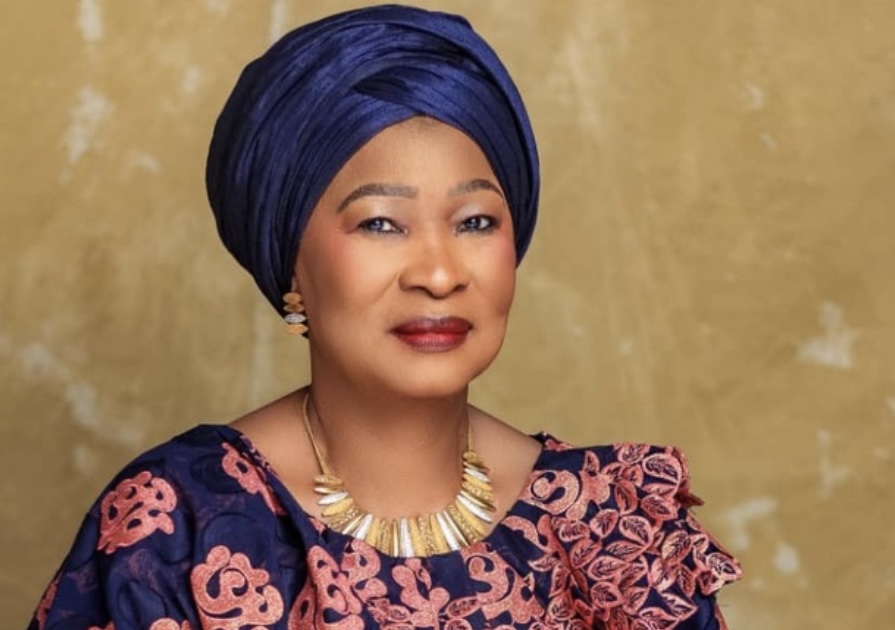
1. Prof. Ladi Hamalai (Chairperson)
Former Director-General of the National Institute for Legislative and Democratic Studies (NILDS), Vice Chancellor El-Amin University and Professor at Baze University – Dean of Faculty of Management and Social Sciences. Prof. Hamalai is one of Nigeria’s foremost experts on legislative processes and policy reform. Her extensive experience in shaping parliamentary research and legislative development makes her a natural fit to lead the Council.
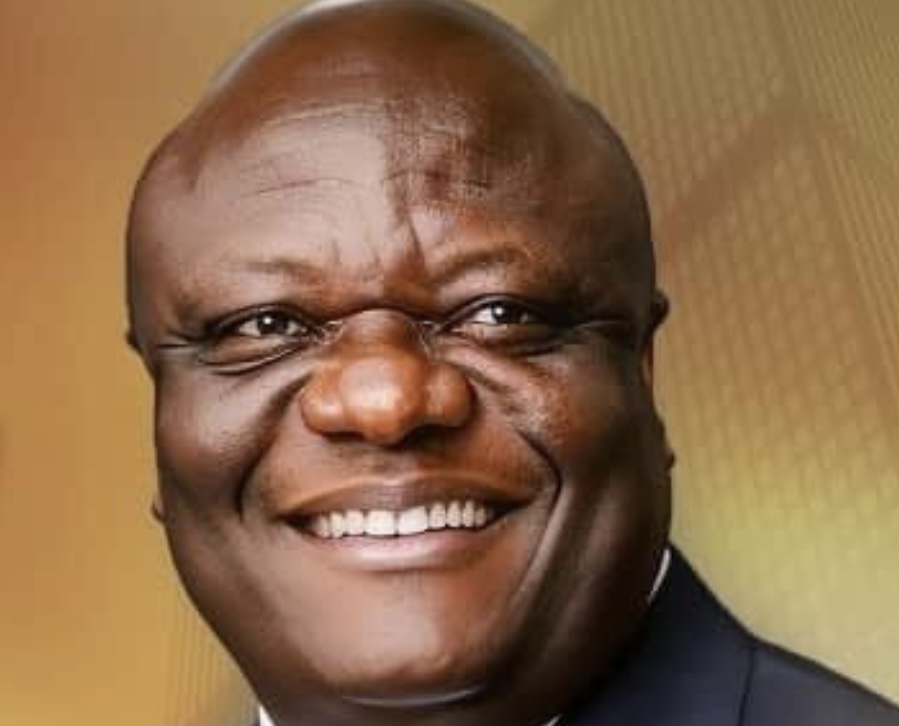
2. Prof. Abiodun Adeniyi
Adeniyi is a professor of Mass Communication at Baze University, Abuja and a prominent political analyst on Arise News. With decades of media and academic experience, Prof. Adeniyi brings deep insights into political communication, democratic accountability, and the documentation of public service narratives.
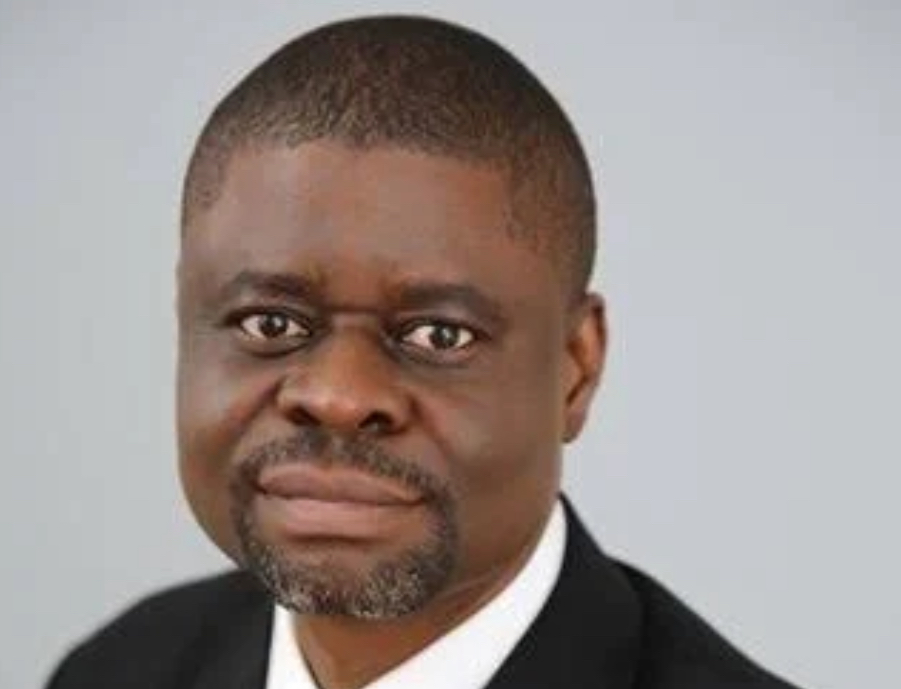
3. Dr. Otive Igbuzor
A renowned civil society advocate, public policy analyst, and former Chief of Staff to the firmer Deputy President of the Nigerian Senate. Dr. Igbuzor is the founding Executive Director of the African Centre for Leadership, Strategy & Development (Centre LSD), and a respected voice in governance reform, social justice, and civic engagement.
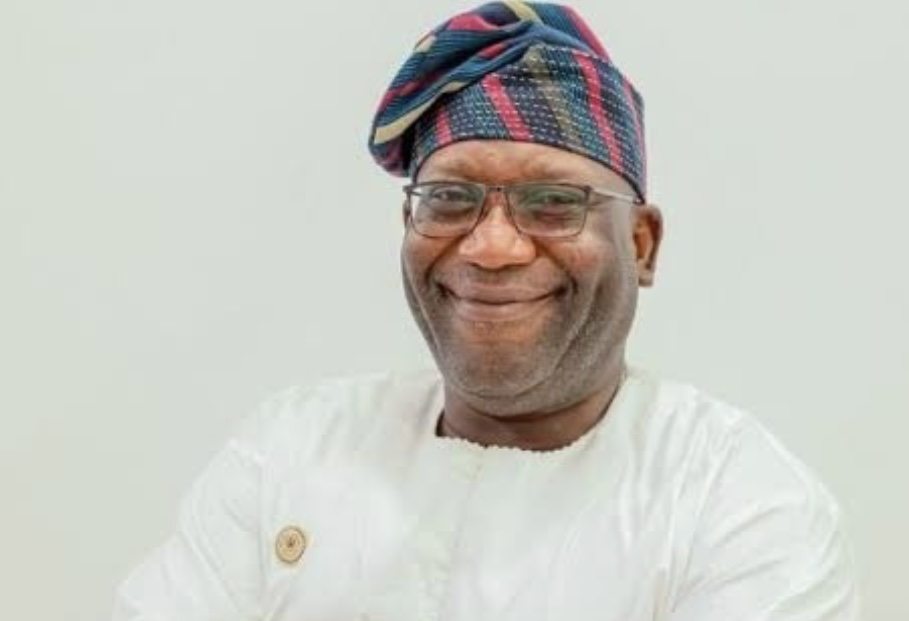
4. Mr. Mathew Coker
S.A Research & Strategy at the National Assembly Legislative Transparency Forum (NALTF) and an advocate for parliamentary openness and civic accountability. Coker’s work on legislative transparency and stakeholder engagement aligns directly with the Council’s quality assurance mandate.
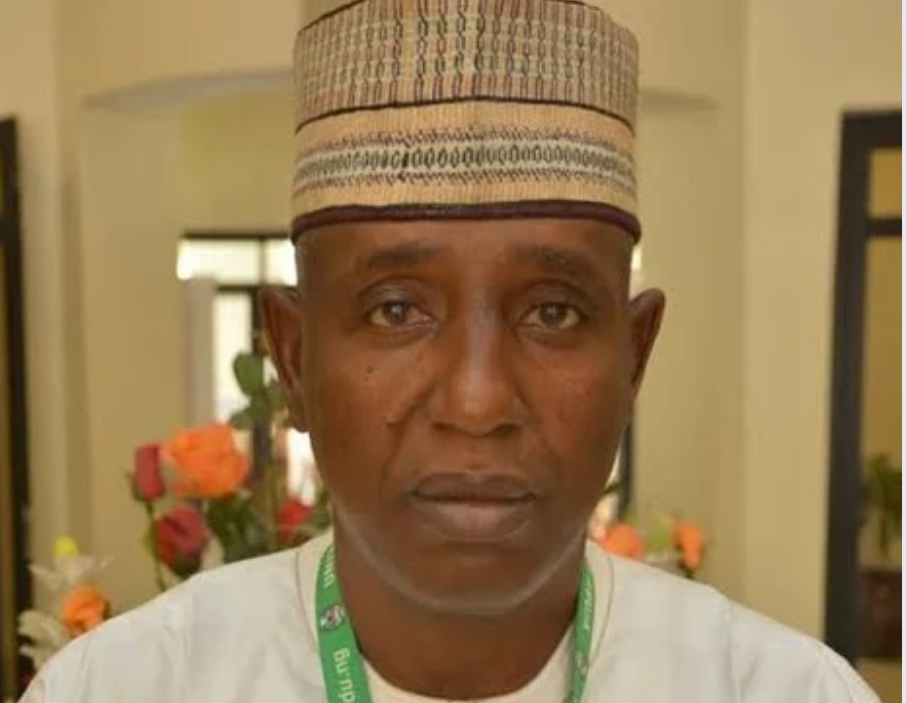
5. Prof. Abba Sadique
Deputy Vice-Chancellor (Administration) at the University of Abuja, Prof. Abba Sadique held the rank of Professor of Political Science with a specialization in Conflictology, Alternative Development Paradigms. Prof. Sadique specialises in governance, public administration, and federalism. His academic contributions to understanding Nigeria’s democratic journey bring important depth to the ICONS profiling and selection process.
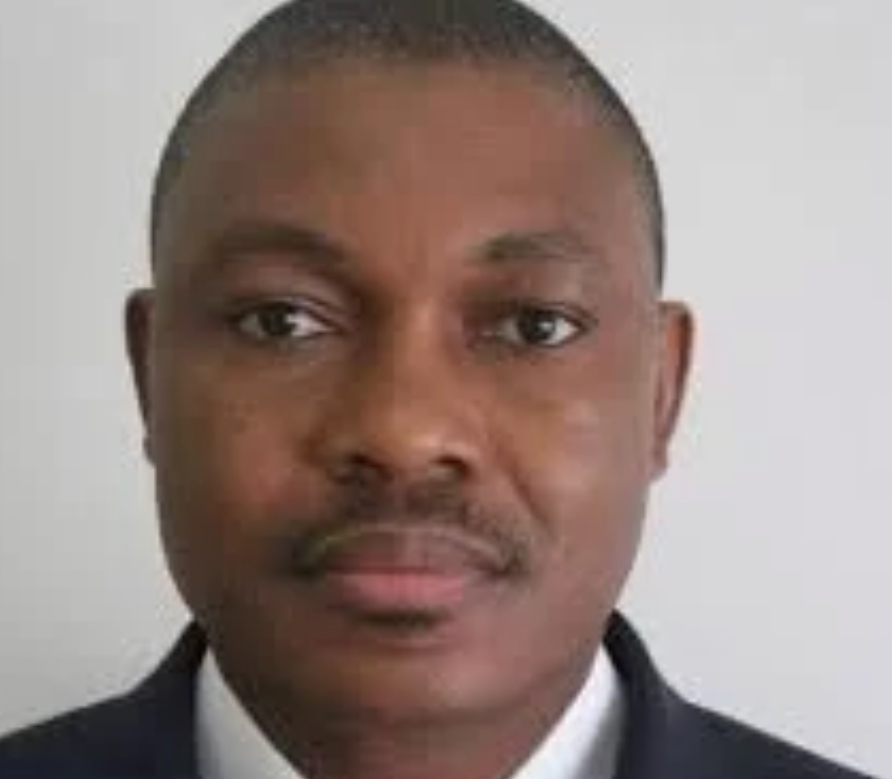
6. James Akpadem
Veteran journalist, public affairs analyst, and former Editor of Daily Independent, Akpadem offers editorial guidance, historical context, and media perspective critical to the integrity of the Book of Records. He has over two decades experience in political journalism.
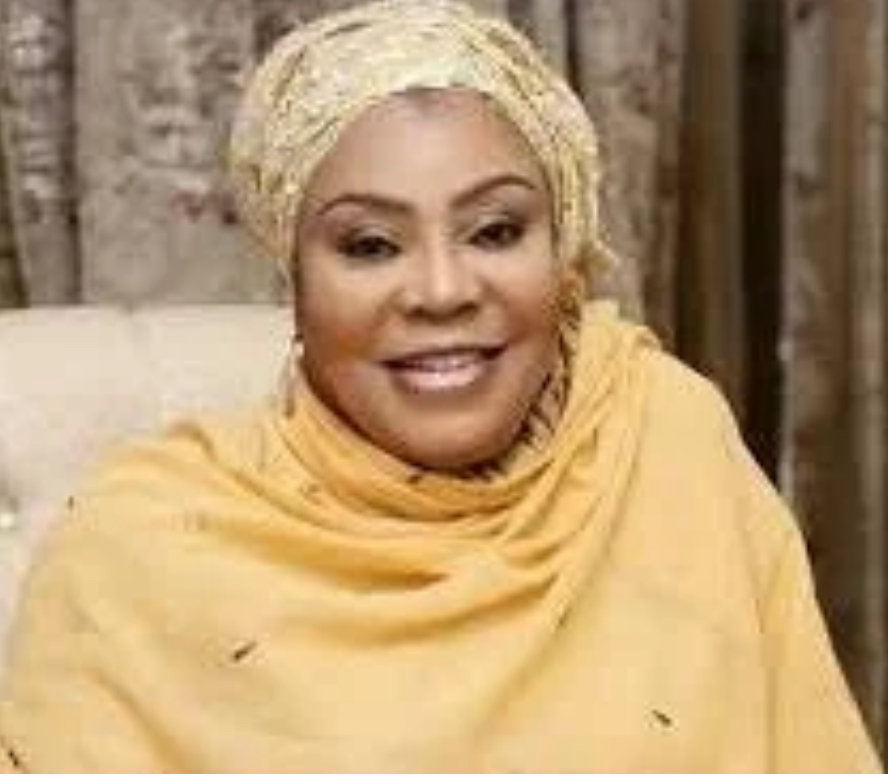
7. Dr. Halima Alfa Kabir Gaya
Dr. Gaya serves as the Principal Partner at Halima Chambers where she has led notable public-interest litigation. She chaired the Senators’ Wives Association, demonstrating her advocacy for policy change and social justice. Dr. Gaya’s legal expertise and her leadership in advancing gender inclusivity and civic rights make her a vital resource in ensuring that the ICONS project remains accurate, balanced, and ethically documented.
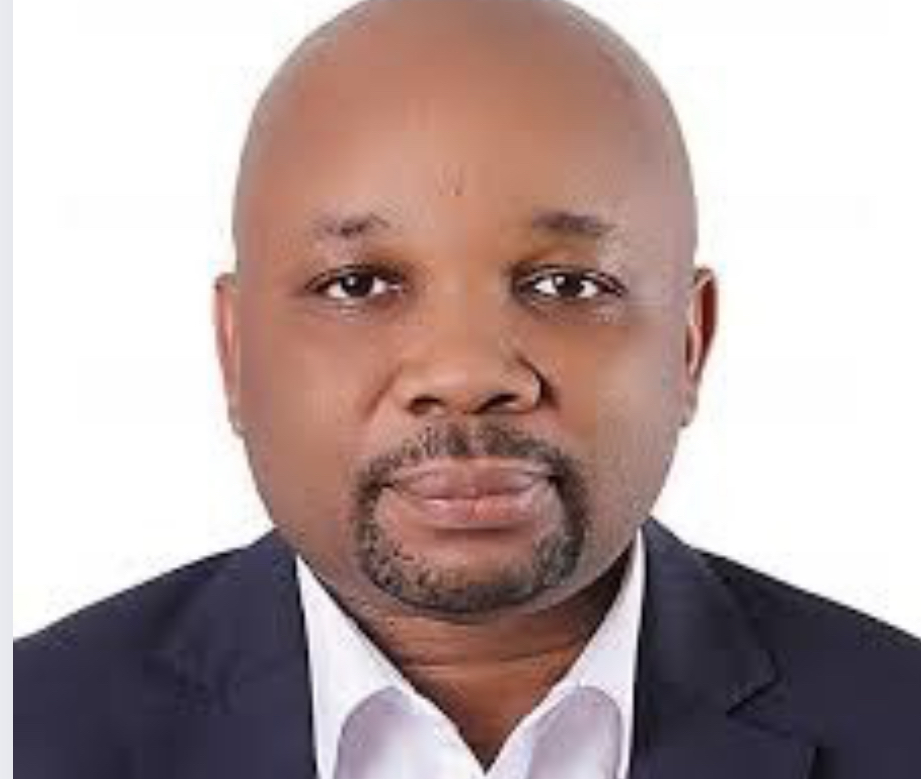
8. Dr. Uche Igwe
A respected governance scholar, civil society leader, and Visiting Fellow at the London School of Economics (LSE). Dr. Igwe is known for his cross-sectoral experience in anti-corruption, democracy promotion, and institutional reform, making him an asset to the Council’s editorial and strategic deliberations.
The Council will serve a renewable two-year tenure and its contributions will be vital in delivering a world-class documentation and celebration of Nigeria’s most distinguished public service leaders.


